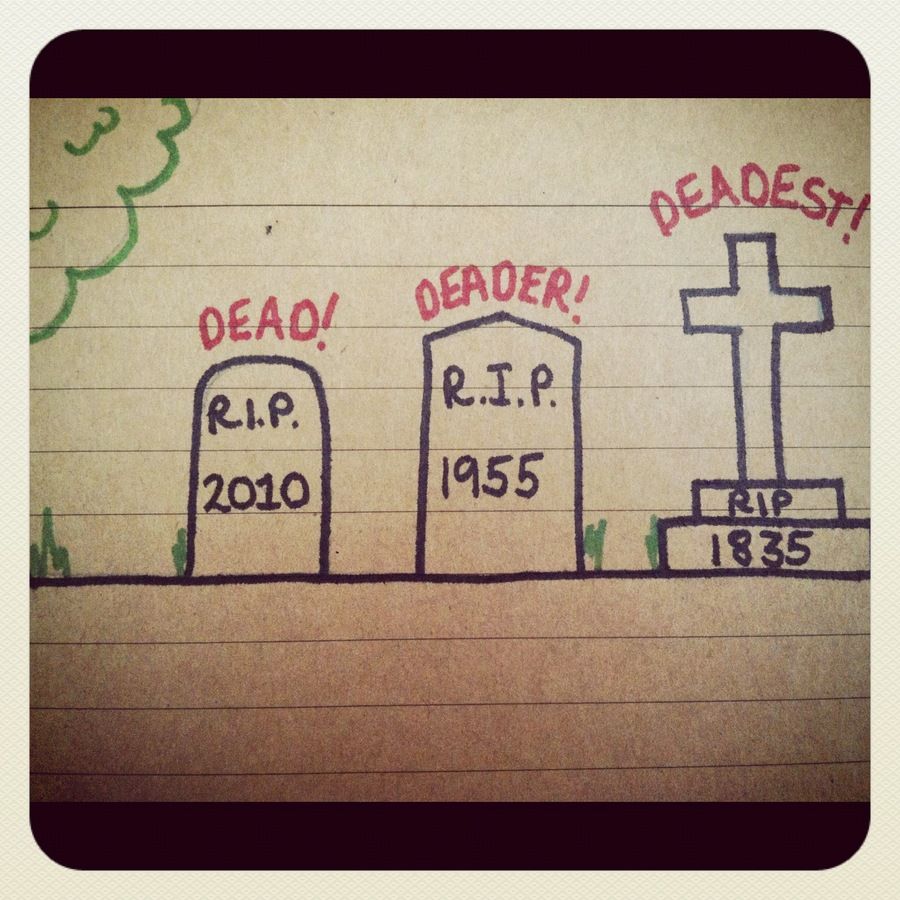
While you can get away with these common adjective mistakes in a colloquial setting, they can cost you a lot in professional environment, especially in job interviews.
While you can get away with these common adjective mistakes in a colloquial setting, they can cost you a lot in a professional environment, especially in job interviews.
Common Adjective Mistake #1: I’m not interesting in the movie.
Correction: I’m not interested in the movie.
Explanation: Many adjectives are formed by adding prefixes such as “-ing” or “-ed” to a verb. When an adjective ends with “-ing”, it describes the effect of a thing or person. Likewise, when an adjective ends with “-ed”, it describes how a person feels.
In the example above, the movie is a thing which doesn’t interest you. Therefore, the movie is not interesting to you. In other words, you’re not interested in the movie.
Common Adjective Mistake #2: The room smells awfully.
Correction: The room smells awful.
Explanation: Awful isn’t modifying the verb (smell) here, but the noun (the room).
However, you can write, “the room smells awfully funny.”
Here, “awfully funny” is an adjective phrase which goes after the linking verb smell.
Common Adjective Mistakes #3: He’s more stronger than his opponent.
Correction: He’s stronger than his opponent.
Explanation: This is a classic case of using Double Comparatives. When you use the comparative form of an adjective (stronger), there’s no need to use another adjective (more).
Can you fix the following adjective errors?
- Daniel is more taller than Harry.
- Sally is more funnier than Linda is.
- The pizza today tastes more better than it did yesterday.
- She looks more prettier than her sister.
Common Adjective Mistakes #4: You’re the most perfect person I’ve ever seen.
Correction: You’re the perfect person I’ve seen.
Explanation: Some adjectives are complete and absolute by themselves. We call them absolute or non-gradable adjectives. You can add any words to intensify or grade them further.
Here are some examples of absolute adjectives:
Supreme, Wonderful, Horrible, Brilliant, Final, Obvious, Unique, Absolute, Complete, Ideal, Preferable, Dead etc.
Just as we can’t say a person is more dead, we can’t say someone is more ideal or most unique, least preferable etc. It defies logic, to begin with.

Even as you get away with saying “more complete” in colloquial speech, try to avoid it in writing.
Can you spot the wrong adjectives and correct them in the following sentences?
- He’s one of the best players in our team.
- That’s the most impossible challenge yet.
- Your voice is very unique.
- He’s the most complete man I’ve come across.
Common Adjective Mistakes #5: Which is the shortest of these two routes?
Correction: Which is the shorter of these two routes?
Explanation: While comparing two things, you can only use the comparative degree of an adjective, not the superlative degree.
Common Adjective Mistakes #6: I want a simplistic life away from the busy city.
Correction: I want a simple life away from the busy city.
Explanation: Simplistic means treating a complex problem as it were very simple. For example, it’s too simplistic to think that climate change can be averted by growing trees.
Finally, here are some of the answers to the questions I asked earlier.
Answers:
- Daniel is taller than Harry.
- Sally is funnier than Linda is.
- The pizza today tastes better than it did yesterday.
- She looks prettier than her sister.
- He’s one of the better players in our team.
- That’s an impossible challenge.
- Your voice is unique.
- He’s the complete man I’ve come across.
Keywords: common adjective mistakes, adjective based error exercise, mistakes in the use of adjectives

Justice Samanga
Clear and concise explanations
me
-ing and -ed are not prefixes. These affixes are suffixes.